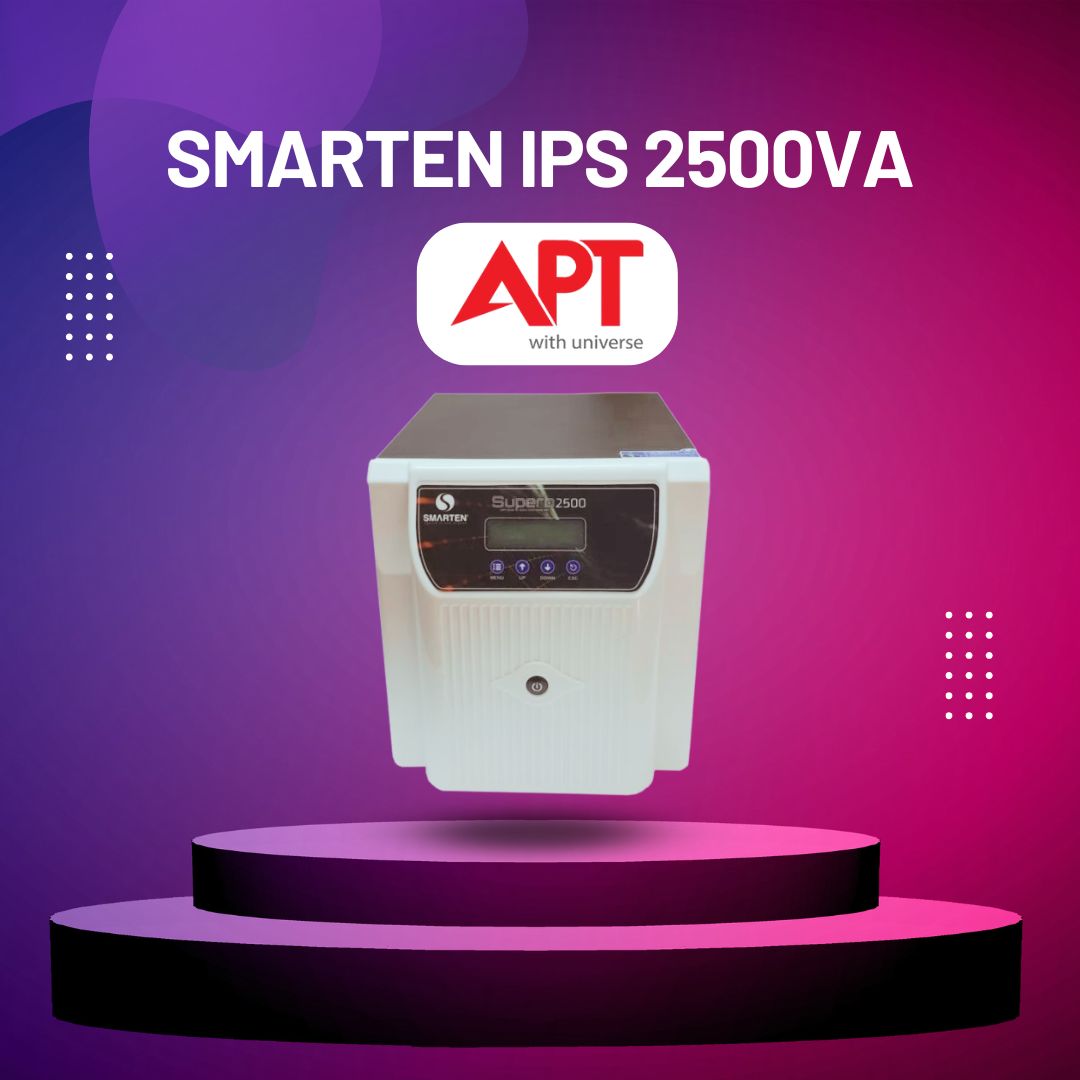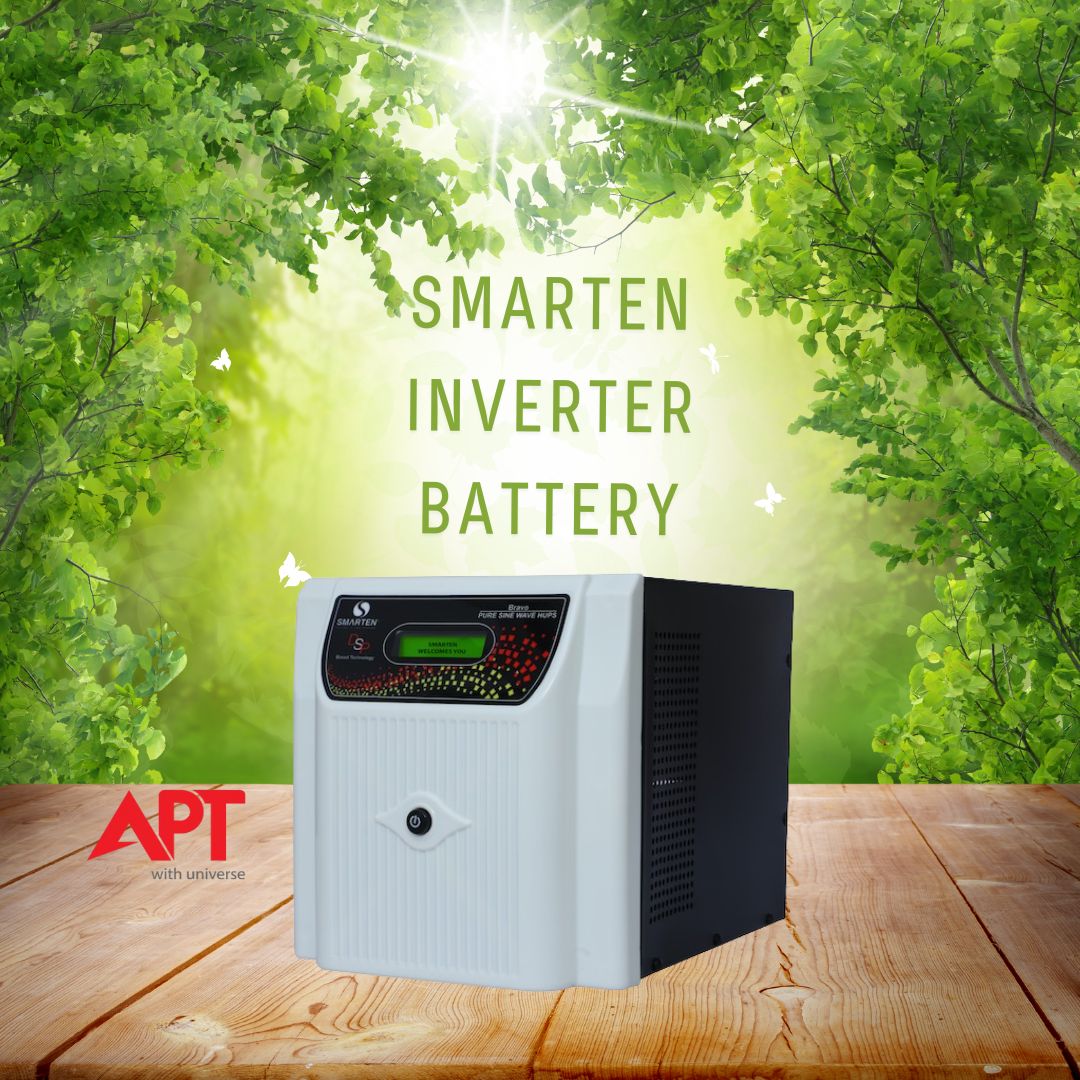As Bangladesh faces increasing power cuts and energy instability, more households are seeking battery backup systems for their homes. With inflated costs and diesel shortage, fuel-powered generators are not a dependable option. Fortunately, major improvements in renewable energy storage now enable homes to create customized backup power solutions.
Follow this 2024 guideline to build a robust home battery system tailored for Bangladesh’s climate and electrical infrastructure:
Assess Home Power Requirements
Catalog lighting, fans, appliances and devices you want running during grid failures. For most households, fans and LED lights for 4-5 key rooms plus phone charging capacity is adequate backup to start. Carefully tally wattages x runtime hours to establish your minimum usable capacity.
Select Suitable Batteries
Lithium iron phosphate (LiFePO4) batteries balance performance, safety and cost for Bangladeshi home use. Size your packs based on total watt-hour capacity required calculated earlier. Opt for 25% extra capacity to allow for degradation and to run future appliances.
Include a Pure Sine Inverter
Quality pure sine inverters cleanly convert DC from batteries into standard 220-240V AC electricity used by Bangladeshi household circuits. Choose an inverter that exceeds your peak load wattage demand by at least 25% for safe surge handling.
Add Smart Battery Management
Integrate a battery management system tuned for the specific LiFePO4 packs you select. This specialized gear optimizes charging, prevents damage from over-discharge and unbalanced cells, and maximizes battery lifespans.
Accommodate High Ambient Temperatures
Battery performance deteriorates in hot ambient conditions common across Bangladesh. Design enclosures and room ventilation to keep battery temperatures below 30°C to protect lifespans. Avoid lead-acid batteries unsuited for local conditions.
Install User-Friendly Monitoring & Controls
Include monitoring that displays key system data for households unfamiliar with energy equipment. Allow basic start/stop control of backup power via app or switches. Assist users in periodically maintaining batteries.
Work With Trusted Local Installers
Design systems using reputable imported equipment, then hire certified renewable energy installers in Bangladesh for professional assembly and grid integration following latest safety standards. Most households require external expertise.
Check for applicable incentives from the government’s expanding Sustainable and Renewable Energy Development Authority programs that can offset costs. Partner with banks providing loans for household solar-battery systems reachable for middle-income families.
By following these guidelines, Bangladeshi households can build reliable lithium battery-based solar backup systems to navigate the worsening energy crisis. Contact Apt Power’s consultants anytime to evaluate your needs and home electrical situation to map out an affordable battery backup plan for 2024 implementation




